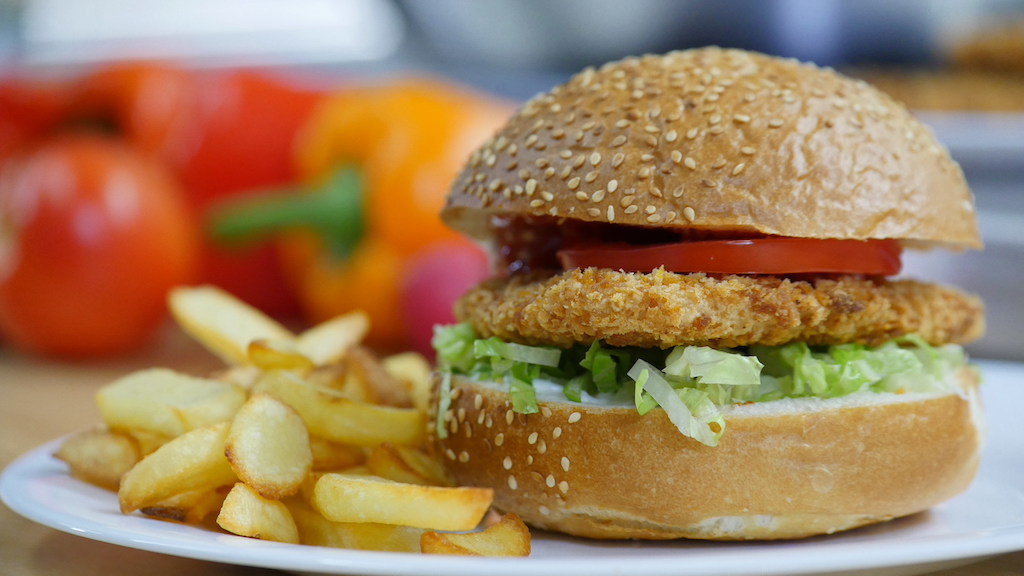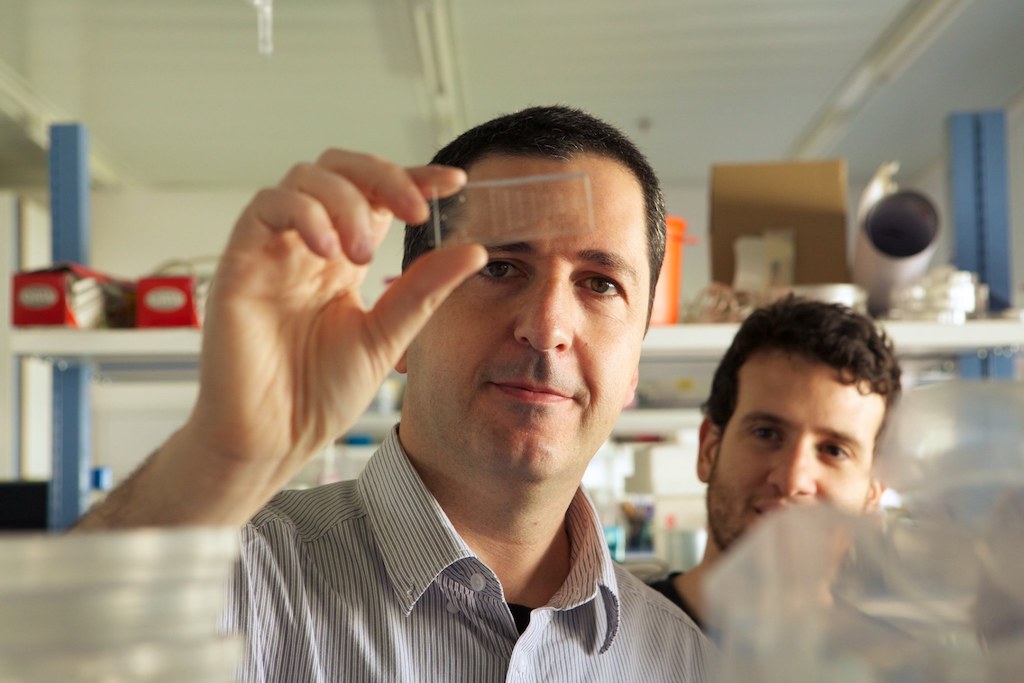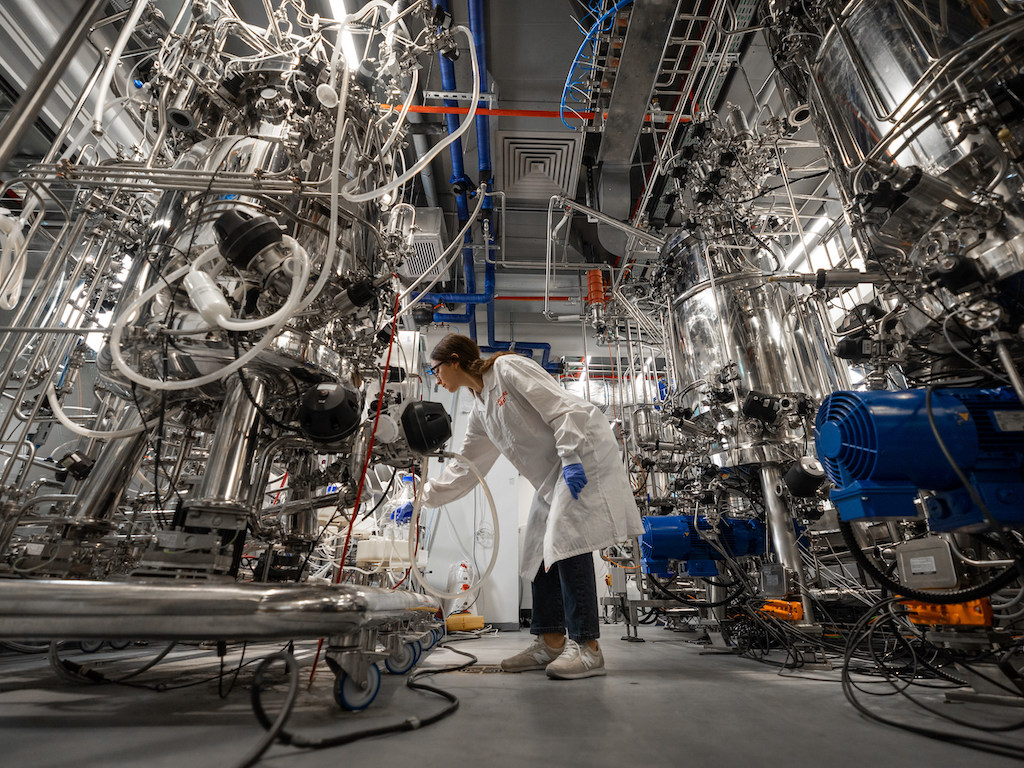Faster, Safer, Eco: Israeli Startup Can Produce 5,000 Cultured Meat Burgers A Day, No Animals Required
3 Mins Read
Israeli food tech Future Meat Technologies has opened its first industrial cultured meat facility. They claim that it’s the world’s first. The factory has the capacity to make 5,000 cell-based burgers per day, a major step from pilot to scalable production. Now, it’s set its sights on bringing its cultured meat to U.S. shelves as soon as next year.
Future Meat Technologies has opened its new facility, bearing a capacity of 500 kilograms of cultured meat per day—equating to 5,000 burgers. It can produce real chicken, pork and lamb without any animals or GMOs. Soon, the factory will be able to produce beef too.
‘Critical enabler’ to market
The milestone is going to move the company’s commercialisation timeline forward, says the Rehovot-based startup.
“This facility opening marks a huge step in Future Meat Technologies’ path to market, serving as a critical enabler to bring our products to shelves by 2022,” shared CEO Rom Kshuk. “Having a running industrial line accelerates key processes such as regulation and product development.”
So far, the only startup that has sold its cultured meat on the market is Eat Just. The Californian food tech was given approval to sell its cultivated chicken bites to consumers in Singapore last year. But Future Meat says their facility, with its huge output capacity, is the world’s first industrial-scale facility.
“This facility makes scalable cell-based meat production a reality,” states the firm.

This facility makes scalable cell-based meat production a reality.
Rom Kshuk, CEO, Future Meat Technologies
20-times faster production than livestock farming
Armed with its proprietary cultured meat process, Future Meat’s factory can produce cultured meat at a much faster rate. Compared to traditional animal agriculture, Future Meat speeds up the process by as much as 20-fold.
“After demonstrating that cultured meat can reach cost parity faster than the market anticipated, this production facility is the real game-changer,” shared Professor Yaakov Nahmias, founder and CSO of Future Meat. The company revealed that it was able to lower the cost of its cell-based chicken to US$7.50 per serve earlier this year.
“This facility demonstrates our proprietary media rejuvenation technology in scale, allowing us to reach production densities 10-times higher than the industrial standard,” Nahmias continued.
“Our goal is to make cultured meat affordable for everyone, while ensuring we produce delicious food that is both healthy and sustainable, helping to secure the future of coming generations.”

U.S. expansion on the horizon
Having set up its industrial factory, the Israeli startup is eyeing American diners as its first international market. The firm has set an ambitious timeline of reaching “shelves in the U.S. in 2022”.
Our goal is to make cultured meat affordable for everyone.
Professor Yaakov Nahmias, Founder & CSO, Future Meat Technologies
At present, Future Meat is in talks with regulatory agencies in “multiple territories” to get its production facility approved. Their goal is to launch its cultured meat in “several locations” across the U.S. for its expansion strategy.
All this is part of the company’s mission to reduce the food chain’s dependence on animals. Future Meat notes that its cruelty-free process is far more sustainable than current livestock farming.
“Our process is expected to generate 80% less greenhouse emissions and use 99% less land and 96% less freshwater than traditional meat production,” stated the firm.
Lead image courtesy of Future Meat Technologies.




